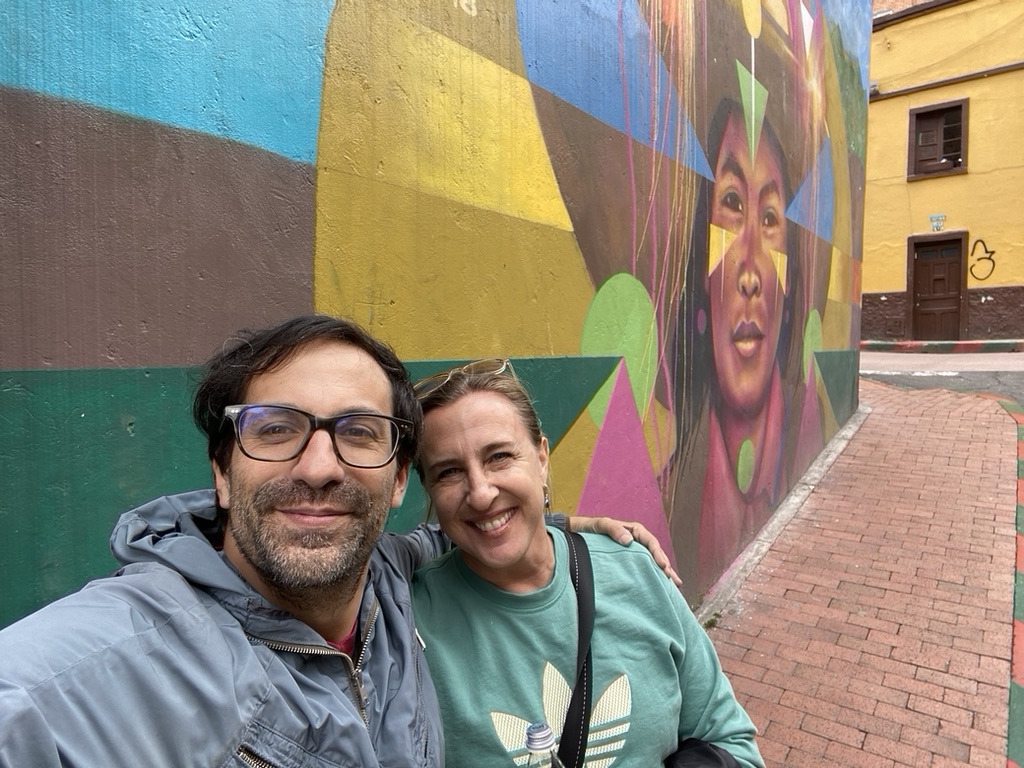
Professor Beth Hurd has received a Buffett Global Collaboration Grant!
January 25, 2024
In January 2024, Beth Hurd received a Buffett Global Collaboration Grant to host Professor Carlos Manrique of the Department of Philosophy of the Universidad de los Andes (Bogotá, Columbia) for a one-month visit to Northwestern in April-May 2024 to collaborate on a book project. Professor Manrique will also meet with colleagues and advise graduate students working on religion, philosophy, social protest, and democracy.
Below is a description of the project being realized by Professor Hurd and Professor Manrique:
The book emerges from a workshop in June 2022 at the Universidad de los Andes on the theme “Insubordinate religiosities, social protests and uneasy democracies today.” In view of recent popular uprisings across the globe (Chile 2019, USA 2020, Lebanon 2020, Colombia 2021, among others), we reflected on how sites of social protest, and distinct spaces and experiences of the political, solicit a renewed understanding of the religious, the democratic, and their multiple entanglements. Recent work in the highly complex context of Colombia’s peace-building era has analyzed the role of diverse religiosities and spiritualities in far reaching processes of grassroots social movements. By bringing cutting edge research in other contexts of the world to resonate, enhance, and problematize these phenomena, we are aiming for an original intervention on entanglements between the religious and the political today.
The volume will collect contributions from five scholars working in the US, and five scholars working in South America. Beyond a narrow and specialized group of scholars in South America that follow research in English, the wider scholarly public in Colombia as well as most political activists, social leaders, and public policy makers are unable to follow scholarly work due to the language barrier. For this reason, our publication will be in Spanish, with the understanding that advancing the novel theoretical and methodological perspectives in both academic milieus in different, yet resonant directions, would be well served if brought together in one volume. This also implies translation work, for which we have applied for and received support from the Weinberg Center for International and Area Studies.
We hope that the book will be a fresh and exciting reference for a range of scholars interested in religion and politics in Latin America, and for a wider public including other social actors and activists interested in these issues.
